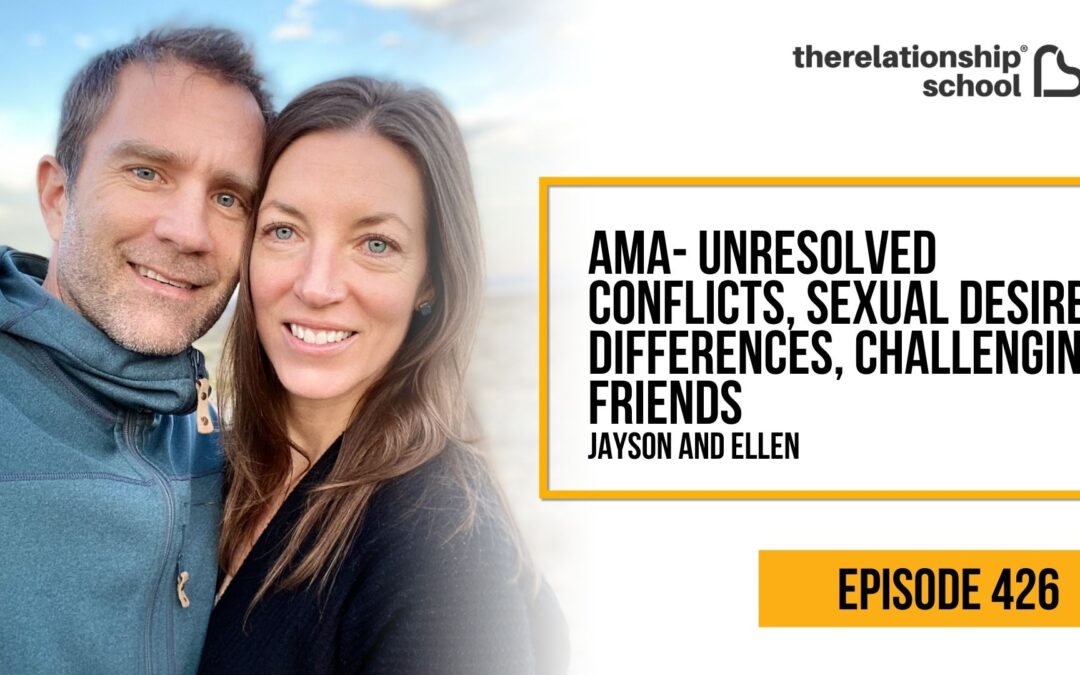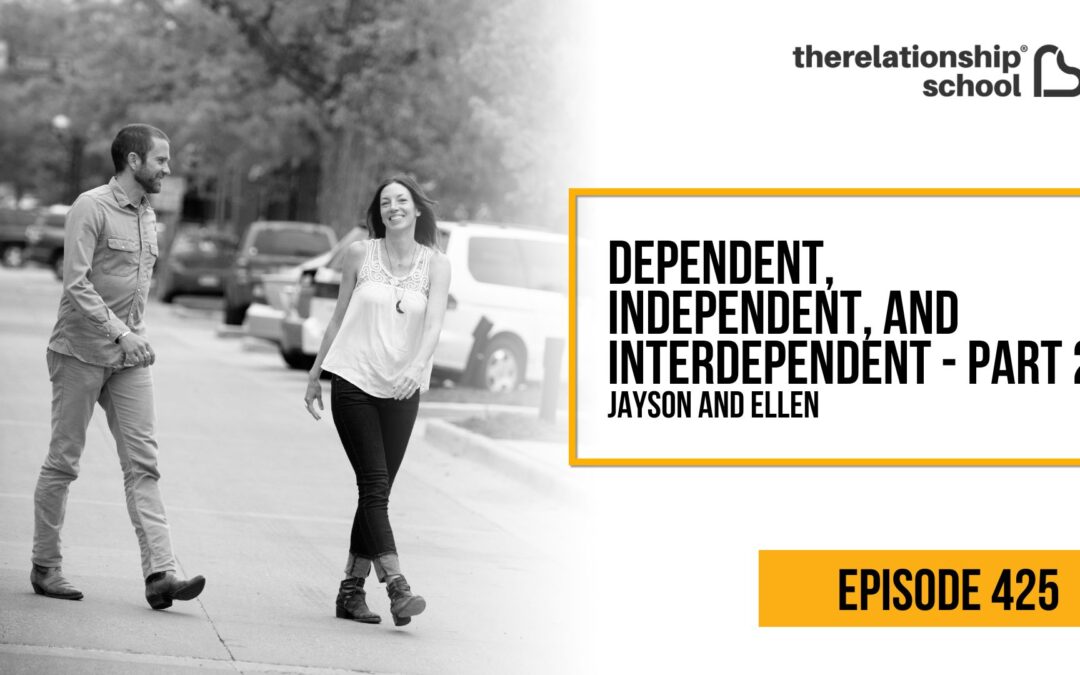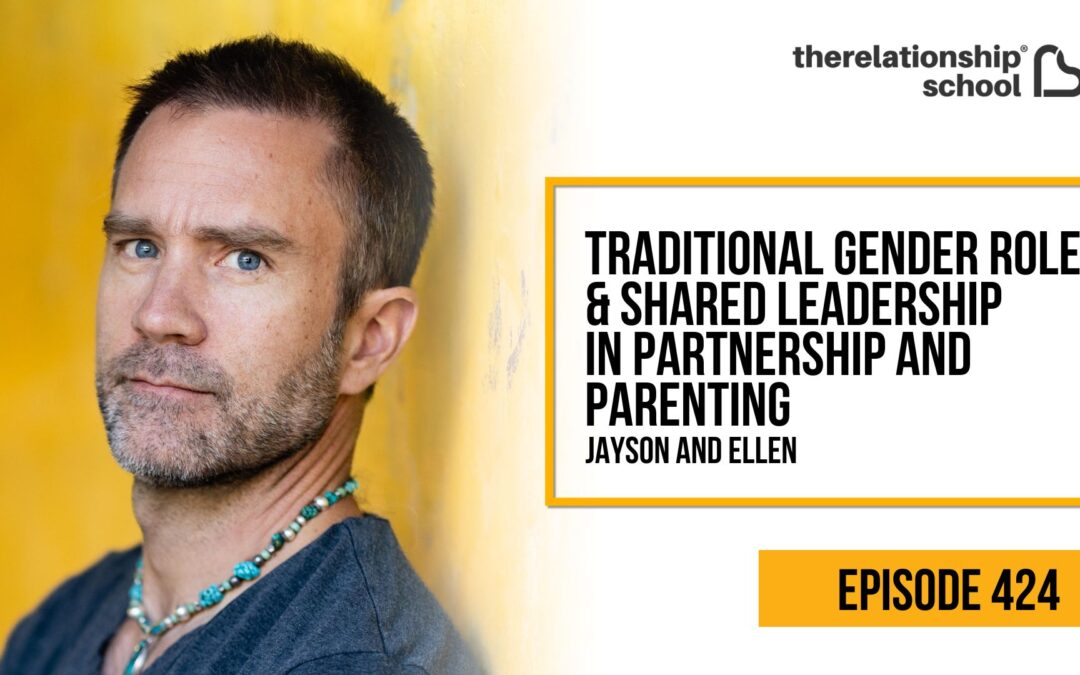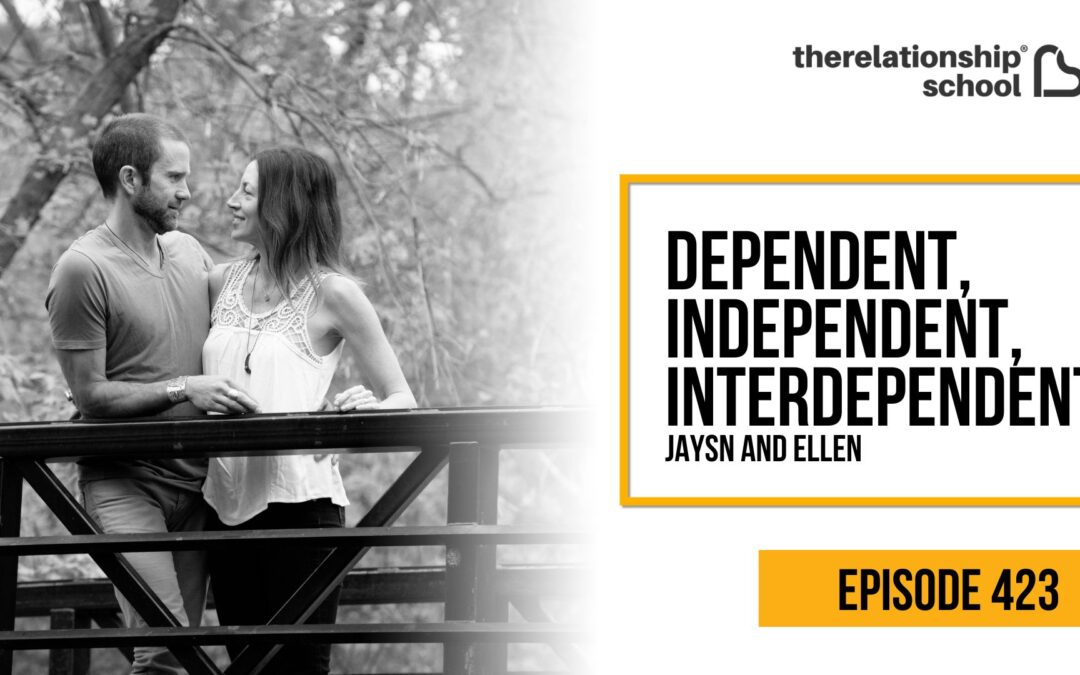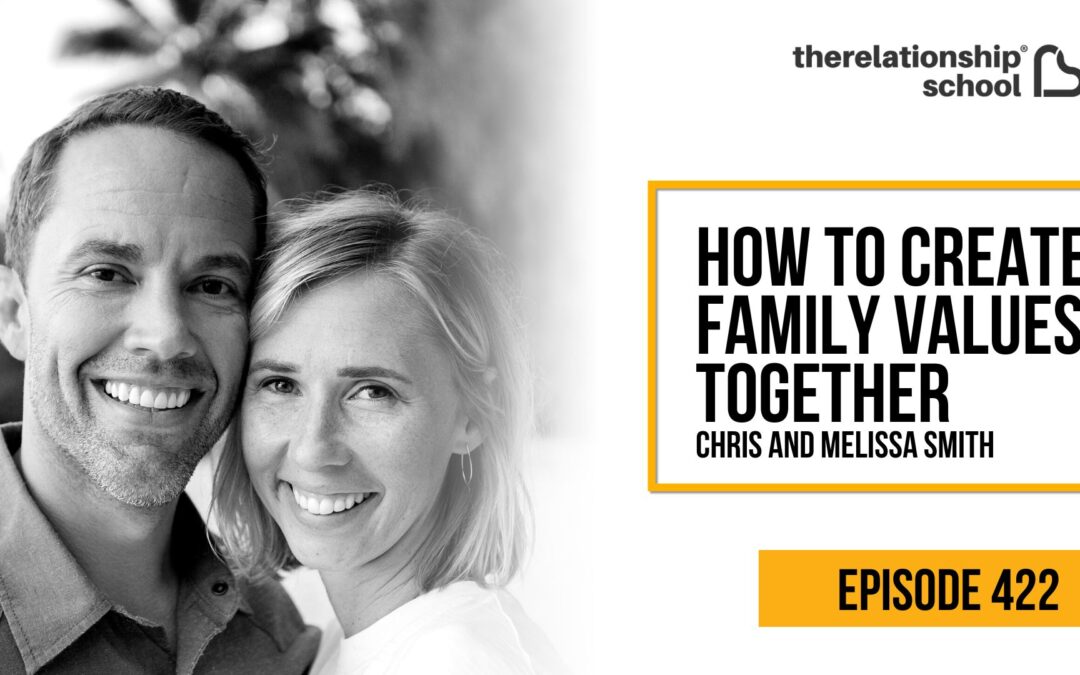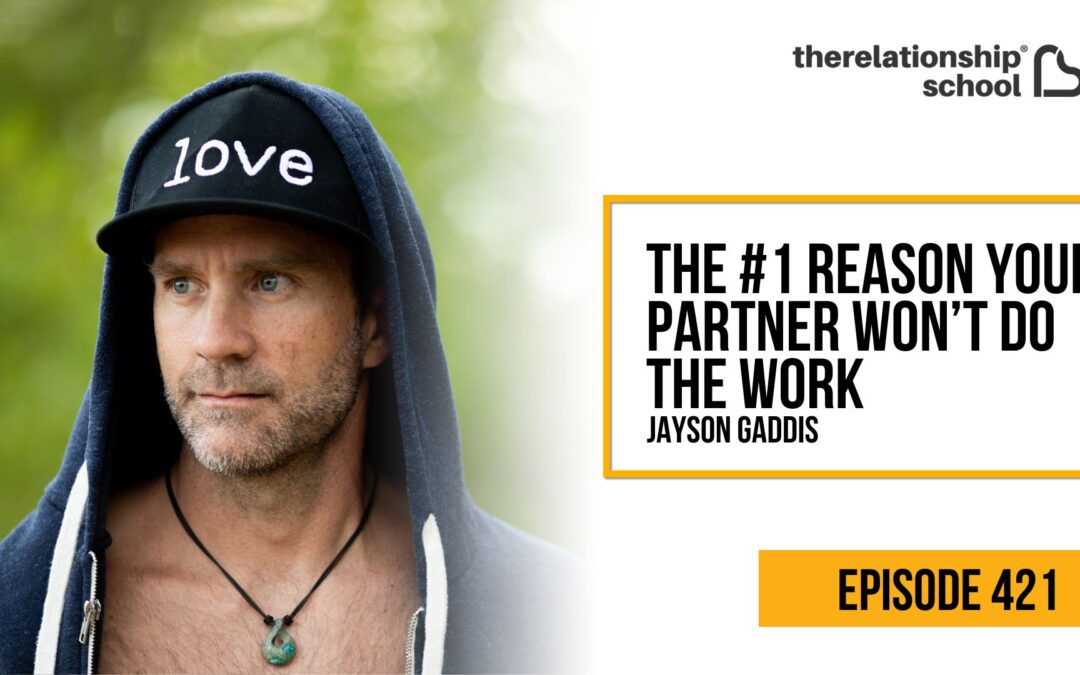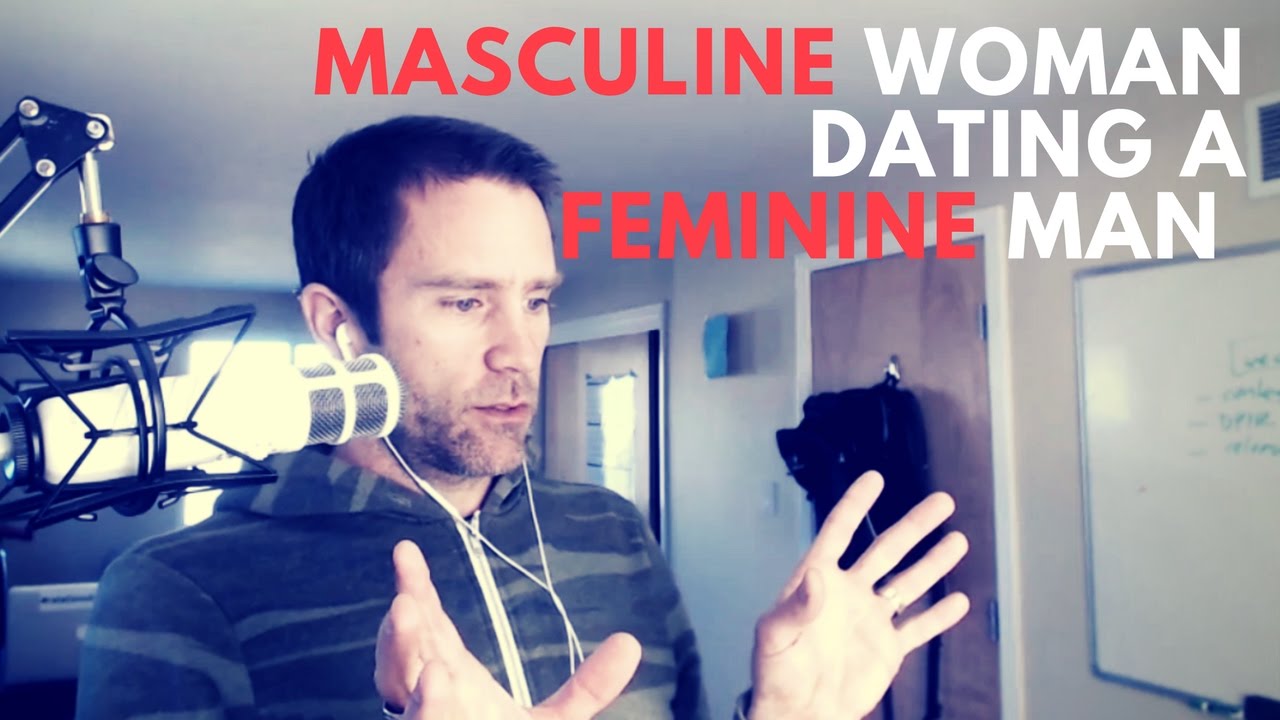AMA – Unresolved Conflicts, Sexual Desire Differences, Challenging Friends – Jayson & Ellen – 426
Shavani asks, “Most times conflicts drain us of mental energy and time, even with both partners’ willingness to work through it. For me, conflict often takes hours of constant talking, fighting, and finally resolving. This is especially tough when work is involved that requires preparation and clarity. How do we work through conflict in a way that doesn’t impact other parts of our lives that are important for our personal growth and well-being?”
Kim wonders, “Have you ever covered sexual frequency in a marriage? He wants it WAY more because that’s how he thinks of connection, and I don’t want it nearly enough because he won’t open up, let me in, and connect on a deeper emotional level, so there is a constant struggle.”
Lilian is curious: “I have a dear friend that means well but always plays devil’s advocate when I come to her with a painful experience or when I need support. She says it’s because she’s a Libra. Where’s the line of calling your friend out on their B.S., and holding space for them with empathy in moments when they are experiencing pain?”
Join Ellen and Jayson as they unpack listener questions regarding unresolved conflicts, sexual desire differences, and challenging friendships.
Useful Links:

